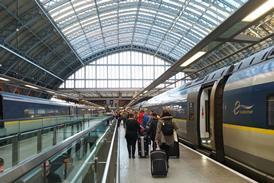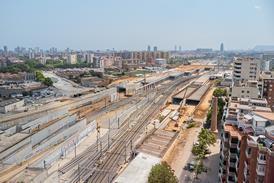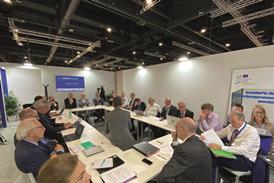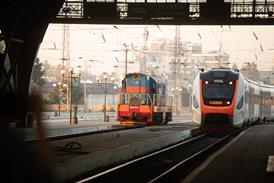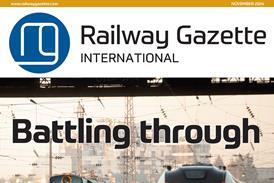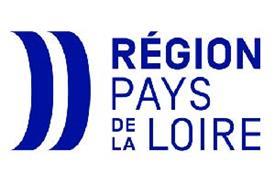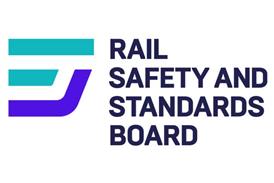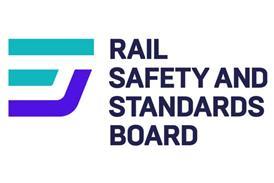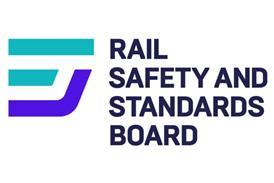NOTWITHSTANDING the low impact of the much-publicised Trans-European Freight Freeways, big changes are afoot on the European freight scene. There are encouraging signs, with the Community of European Railways reporting rail freight in the first three months of the year to be 9·4% up on the 1997 figures, with steady growth in cross-border traffic.
While the upturn may not be sustained everywhere and may yet prove no more than the result of buoyant economies, individual railways have clearly made progress. NS Cargo reports climbing traffic since 1993, with tonnes in the first half of this year up 14% to 12·4 million compared with last year, nearly all of it moving in and out of Rotterdam where the port railway is carrying 350 trains a week compared with 200 five years ago. In Switzerland the first six months brought a traffic increase of nearly 7%.
The tonnage figures are the good side of the story. The flip side is that revenue is drifting steadily downhill. The increase in Switzerland was accompanied by a 6·6% fall in income, while in the Netherlands only 145m guilders were earned compared with 150m in January to June 1997.
In an attempt to reverse the trend, SBB has appointed Danish shipping specialist Ken Bloch Sørensen as Director of SBB Cargo. One of his targets is to push tonnage over 50 million this year and to get close to 60 million by 2002, at the same time achieving a profit.
Sørensen is presiding over a long-term strategy codenamed Switch. This covers eight projects including restructuring, introduction of key accounts for specific types of traffic, establishment of a single customer service centre and a productivity drive. A concerted effort to push up intermodal business includes the launch of shuttle trains, the first of which is the Galileo, a twice-weekly container service between Bressoux near Liège and Milano. SBB says this is the first shuttle train in Europe where space on board is bought and marketed by the railway itself, with bookings available by Internet. If successful, the service will be doubled from this month.
But the really big changes have yet to come. A key element in the Switch programme will be the joint venture with FS Cargo, for which an Integration Office has been set up to identify synergies and draw up a business plan. If the NS Cargo-DB Cargo merger is consummated, some of the benefits that Transport Commissioner Neil Kinnock anticipates from Terffs may come about - although it will not be through inter-railway competition but from closer co-operation. There are clear indications that more mergers could follow, while the demise of NDX (p629) and the possible thrust of Britain’s EWS International into mainland Europe suggest that we are entering a dynamic period in which the answer will be found to the tonnage-revenue conundrum.
Meanwhile, the Swiss government is due to choose a preferred bidder this month for a Freiburg - Novara rolling motorway service to be launched at the end of 1999. One bid has been submitted by SBB, BLS and Hupac, with a rival offer from a pairing formed of the Mittelthurgaubahn and the Schweizerische Südostbahn which would invest in a fleet of 230 wagons and 24 locos. o

